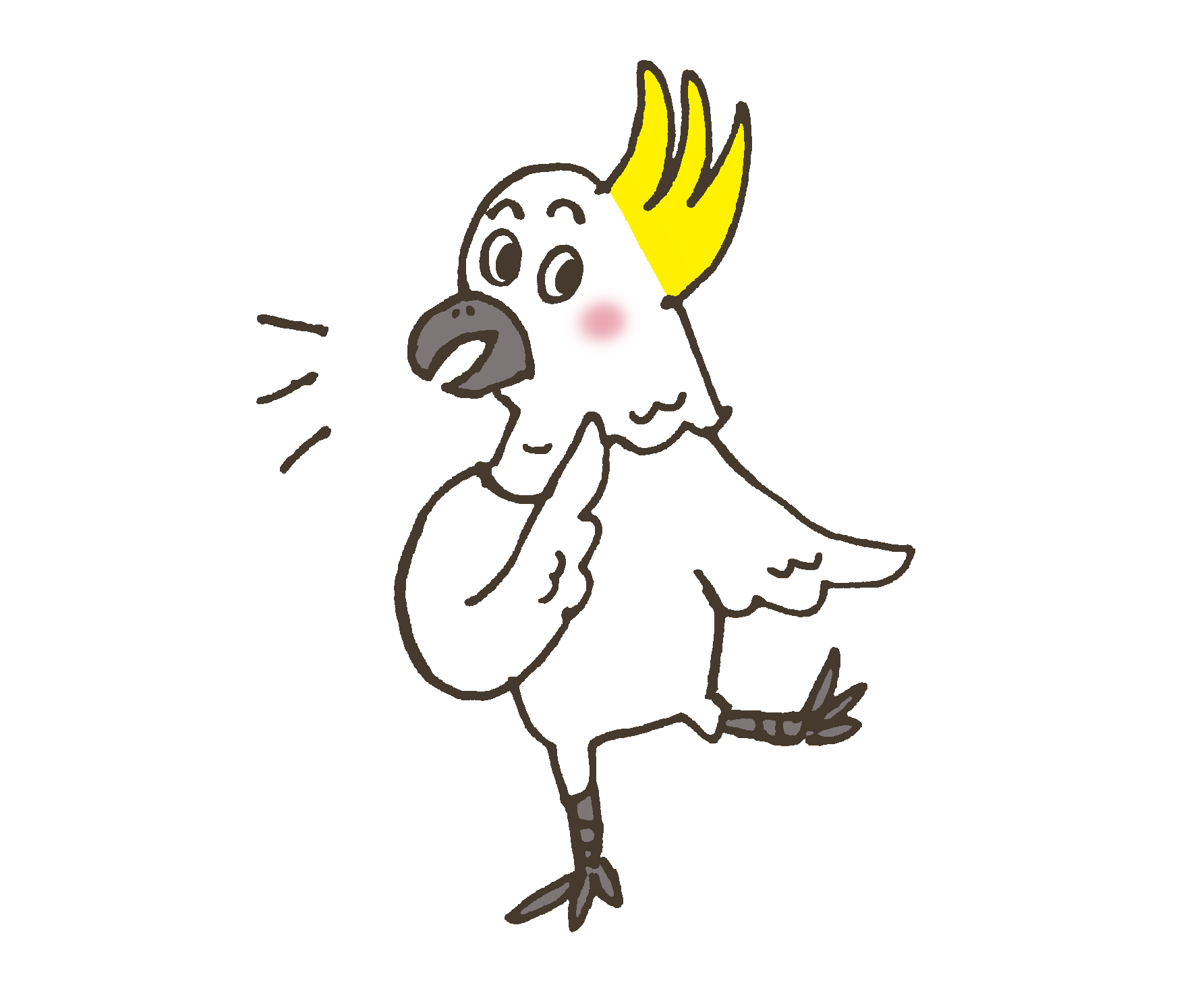There are 44 sounds (phonemes) in the British English Language and some of those sounds don’t exist in Japanese. This is the short answer to why English pronunciation is challenging for the Japanese English learner. Is that a problem? It can be!
Communication is the most important part of what Masami and I help English learners with. Pronunciation is part of that too. A mispronounced word can convey the wrong meaning to the listener.
Mispronunciation Could Lead To A Misunderstanding
I was talking to a very nice, friendly Japanese man about my work. I told him how I taught a lesson called, “Cookery in English” where the English class would learn how to make a popular dish in the U.K. and eat it at the end of the lesson. “You’re a cock!”, he replied. Of course, I knew that he meant, “cook”. I also knew he wanted his mistakes to be corrected, I pointed out his mispronunciation. He laughed, I laughed, all was good.
Talking not squawking
Try this exercise – Make a sound exactly like a bird.
What sound did you make? Did you cluck, caw, squawk, cheep, whistle, or something else? Some of these words are onomatopoeic (the word sounds like the sound) but they don’t sound exactly like the real thing. How did you make the sound? Was it an unusual shape for your mouth? Did you make a strange face shape to make the sound? When I tried, I whistled. I don’t whistle when I talk so it was completely different from speaking. If you copied a “talking” bird such as a parrot or a myna, you cheated!
The point I’m trying to make is this, treat English phonemes as a new sound. It will feel strange, your mouth will make unusual shapes to make these new sounds. You will use different muscles in your mouth to make these sounds and you should feel that at first.
What’s right for you
When I help students with their pronunciation, we try different exercises to find which helps them the most. Looking at diagrams and watching peoples’ mouths can help as a guideline BUT your mouth is unique. In your own language, you sound different from others and, how you make those sounds is probably different, too.
My advice is to start with the sound, copy it as you hear it. Don’t read the word you’re trying to pronounce, listen and repeat only. Reading is an extra unnecessary exercise at this point. Try and make the sound first without thinking about the word. If you have got a good ear, that helps. Be slow and careful at the beginning and consider the shape and movement of your mouth. Eventually, with practice, you will not need to be so mindful.
When speaking English, if the shape and movement of your mouth are different from a native English speaker but the pronunciation is correct, that’s okay. That’s your unique mouth.
【あなたの心が伝わるあなただけの英語】
英語でのコミュニケーションをあなたらしい英語で。一人一人のレベル、能力、興味に合った教材や方法での英語レッスンプログラムをオンラインで学べます。

”あなたの英語”でコミュニケートしたい方は、まずは無料カウンセリングをご予約ください。



